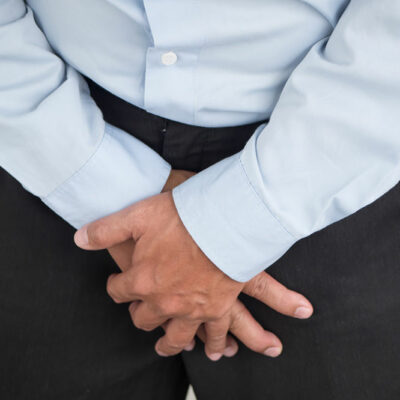
4 Natural Ways to Manage Acid Reflux
Many of us have experienced the unpleasant feeling of the last meal hitting back at our throat. This painful, uncomfortable, and burning sensation in the chest is acid reflux. It is one common experience that affects us from time to time. However, there are some effective natural remedies to manage the effects of acid reflux. Here, we will discuss a few of them with you.
1. Lose weight
Acid reflux can happen to anyone. However, the most common instances of heartburn are seen in people who are obese or overweight. Having an excess weight primarily around the abdominal region tends to put immense pressure on the stomach. Consequently, you are at a greater risk of developing acid reflux. If you are overweight, you can consider losing weight with the right workout plan and diet. However, if you are already at a decent weight, you can consider making changes in your diet and workout regime.
2. Do not overeat
At the point where the esophagus opens into your stomach, there is a lower esophageal sphincter (LES), which is a ring-shaped muscle. It works as a valve and helps prevent the stomach’s acidic contents from traveling back into your esophagus. Usually, it opens only when you vomit, belch, or swallow, and during the other times, it stays shut.
In people with GERD, the muscle is dysfunctional or weakened. When the pressure on this muscle increases, you experience acid reflux. It occurs because the acid tends to squeeze in via the opening. Usually, acid reflux occurs right after a meal. Many-a-time, it is the larger meals, which trigger or aggravate the symptoms. Thus, to avoid instances of acid reflux, you should avoid consuming large portions.
3. Chewing sugar-free gum
Yes, you read it right. Chewing gum is indeed one of the most effective natural remedies for acid reflux. This is because gum leads to the production of saliva, which works as an acid buffer. Moreover, when you chew gum, you swallow saliva more frequently. Consequently, the acid evacuates the esophagus. However, whenever you shop for chewing gum. Make sure you opt for a sugar-free variant. It will avoid the consumption of extra calories and is also better for your teeth.
4. Do not sleep immediately after eating
If you lay flat right after consuming a meal, it is obvious that the contents in your stomach travel back to your throat. It tends to put some pressure on the esophageal sphincter. On the other hand, if you sit upright, gravity will push all the food down. Thus, it is advised to eat at least three to four hours before retiring to bed. This gives you enough time to digest the food consumed. If you had a late dinner, and you cannot wait any longer, the best thing that you can do is elevate your head with a pillow while sleeping.


